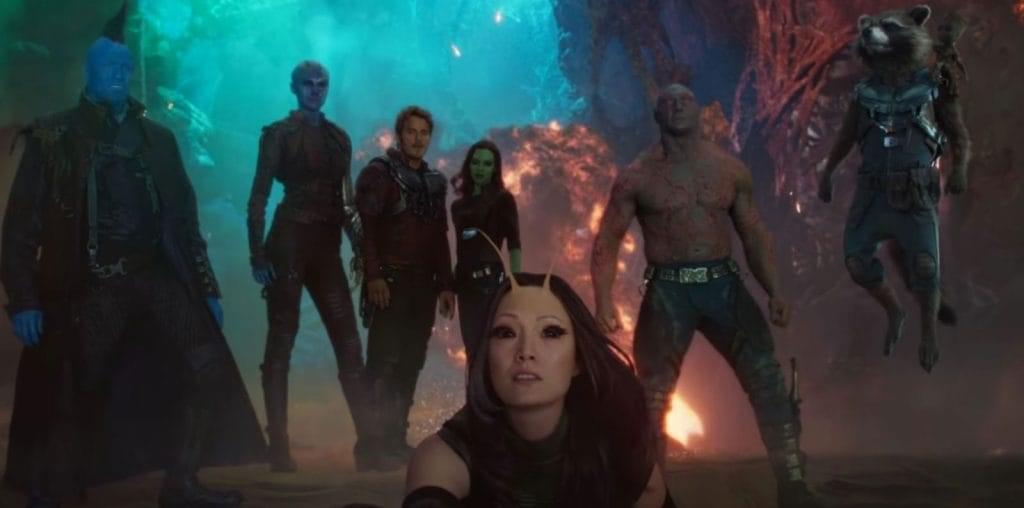
At one point in “Sicko,” Michael Moore is interviewing ex-British MP Tony Benn about the history of England’s health care program and Penn says, “An educated, healthy, and confident nation is harder to govern.” Moore obviously wants us to think about whether or not this could be the reason our own government seems so intent on keeping Americans stupid and in debt. After all, if you’re scared of losing the insurance provided by your employer aren’t you more likely to keep your mouth shut and do your job without making a fuss?
This current runs through the whole of “Sicko,” a movie guaranteed to galvanize Moore’s fans on the left as surely as it will set off paroxysms of rage among his detractors on the right. This is somewhat ironic, for “Sicko” may be his least antagonistic and most restrained effort to date.
There are 50 million uninsured people in the United States, but Moore avoids these multitudes of low-hanging fruit to focus on an arguably bigger failure in our health care industry: insured people who still find themselves in debt or bankrupt after paying for long-term illnesses or non-covered medical expenses. One woman gets stuck with an ambulance bill for thousands of dollars because she failed to fill out a request beforehand, while an older couple is forced to move in with their adult daughter after he suffer multiple heart attacks and she falls ill to cancer.
By way of contrast, Moore travels to Canada, England, and France to examine how their systems do a better job taking care of people. Certainly, he glosses over the flaws in each country’s particular approach, but a few things do stand out. For starters, each of these countries has higher life expectancy and lower infant mortality than the United States, and even critics of the health care organizations in those countries themselves wouldn’t trade with us, even if we promised never to remind them how we saved them from Germany in arguments ever again.
Well, not Canada.
One aspect of the film sure to cause discussion is Moore’s decision to take a group of ailing 9-11 workers to Guantanamo Bay to take advantage of the free health care provided to American prisoners. He’s turned away, but gets help from a hospital in Havana, and it isn’t hard to believe that the Cuban government was only too happy to accommodate him.
Okay, does anybody really believe Canada’s health care solution is the perfect answer for us? Or that the handful of people Moore interviews here and elsewhere comprehensively represents the system in place? Probably not. Should we believe the level of care and attention given to the 9-11 responders in Cuba represents the quality of service the average Cuban receives? I don’t, but Moore’s purpose in “Sicko” (and, I’d argue, in any of his films) isn’t to present a measured analysis of pros and cons for privatized vs. single-payer health care, but to draw attention to the glaring shortcomings in the American system by portraying some alternatives and asking, “Why not us?”
I argued in the past that Moore’s films were documentaries, only more aggressive than most. I can’t really maintain that position with a straight face anymore. Moore makes agit-prop, starkly contrasting the position he believes to be correct with the sinister alternative. It doesn’t matter if I agree with him or not (and I mostly do), it matters how effective his material is, and his movies are undeniably powerful. “Sicko” is no exception, but the problem remains that Moore – through his comedic approach and selective presentation of the facts probably hurt the cause as much as they help.
Moore is a guy whose very existence provokes irrational, sputtering hatred on a level I haven’t seen since Nikolai Volkoff and the Iron Sheik defeated The US Express at the first WrestleMania. And you’d have to go back to the days of the House Un-American Activities Committee to find a filmmaker so widely labeled as “treasonous.” As with the invective constantly leveled at Hillary Clinton, I’m at a loss to understand why he’s disliked so intensely.
Oh right, he’s fat.
What can’t be argued, in my opinion, is that any health care system that emphasizes profit and advertising over research and universality isn’t fatally flawed. Moore picks and chooses what he wants to put on screen, just as any filmmaker does (documentary or otherwise), but no one will be able to debate the fact that the way we run things health care-wise in the United States is irrevocably f****d, and needs to change. “Sicko” Is flawed and occasionally stretches to make its point, but the movie’s message speaks for itself.
